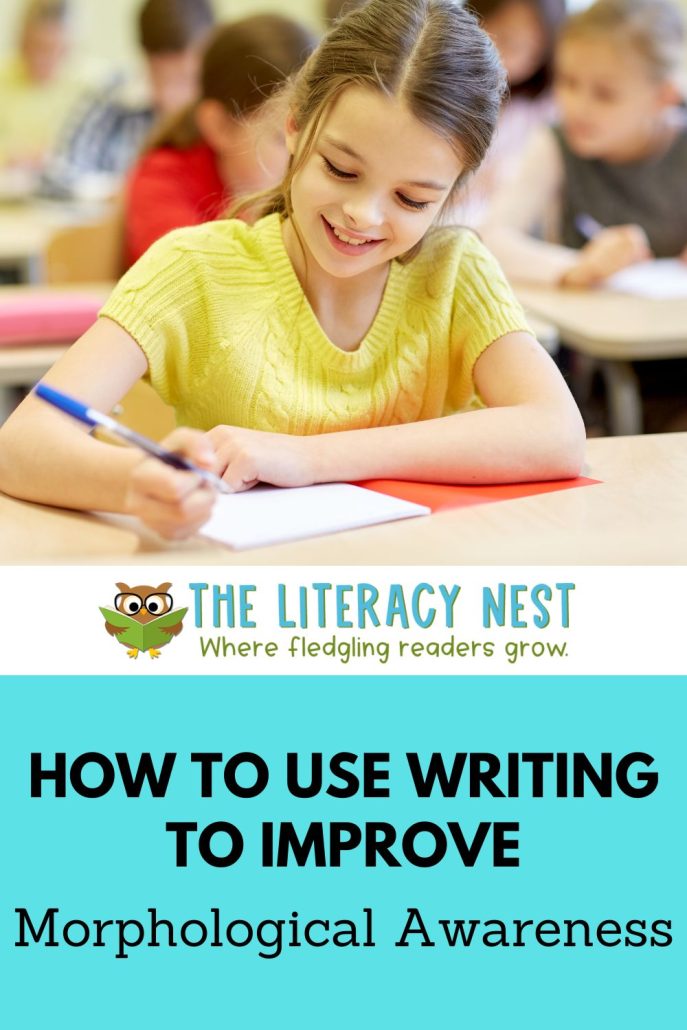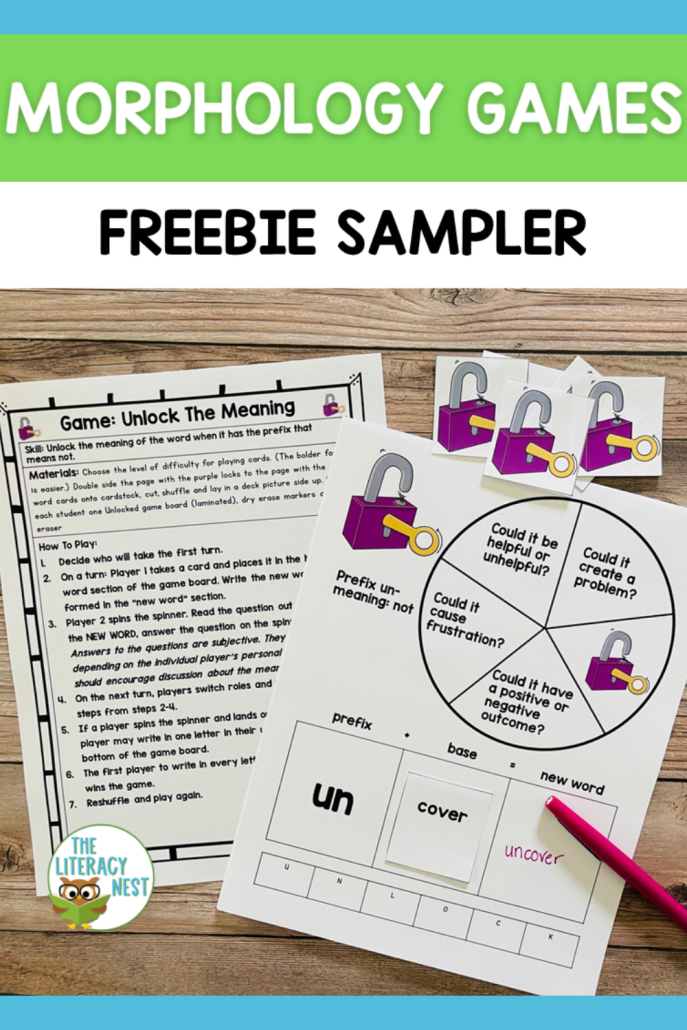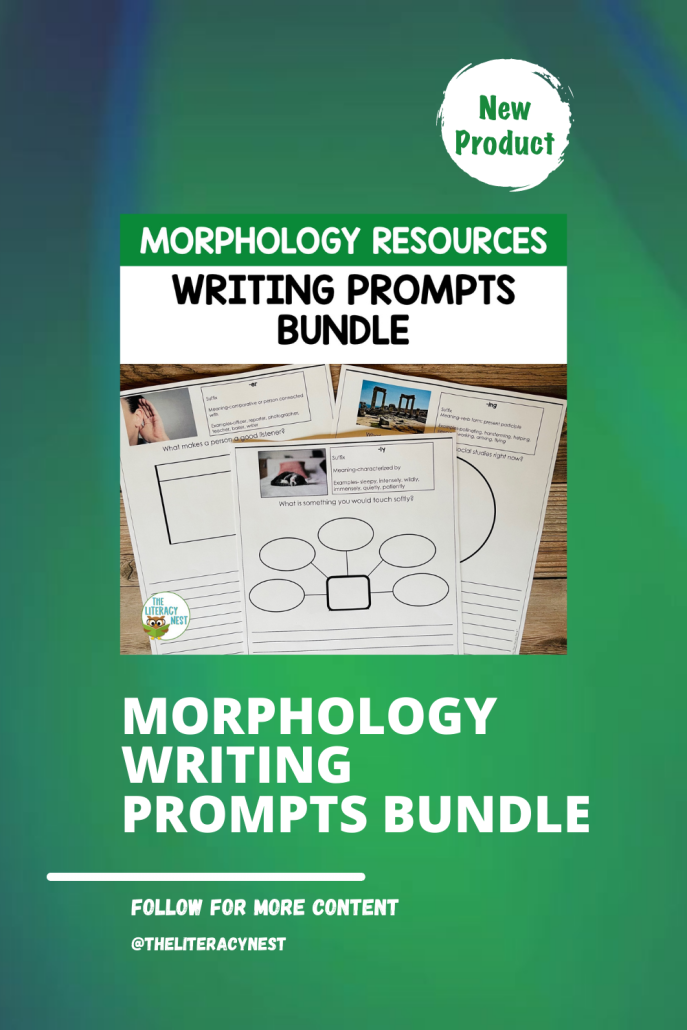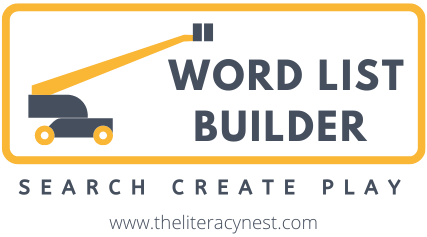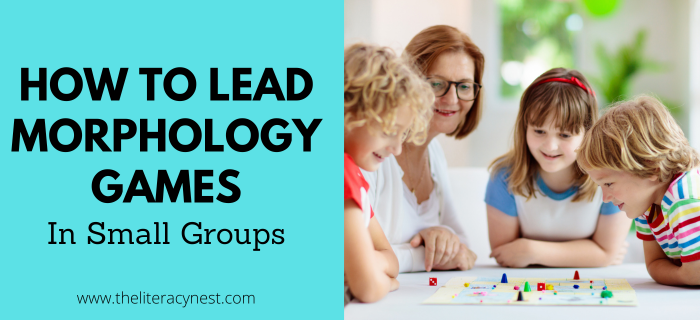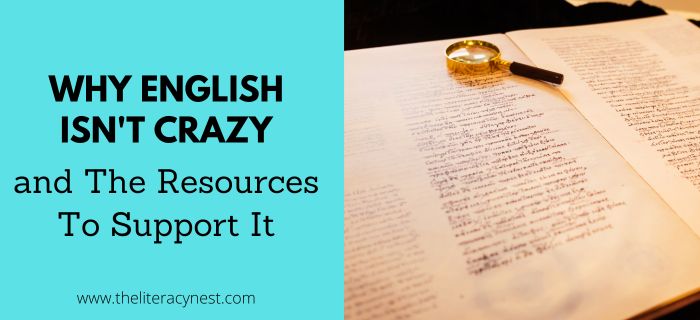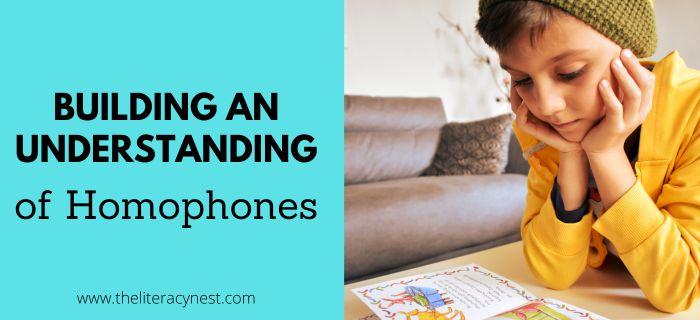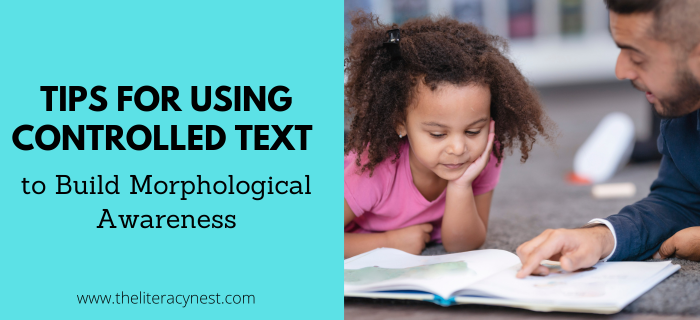How to Use Writing to Improve Morphological Awareness
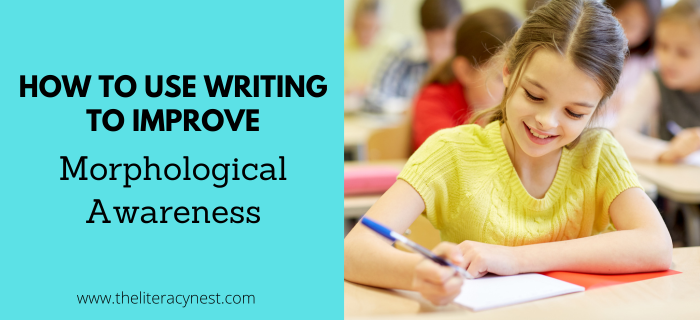
For students with dyslexia, composing a piece of writing can be incredibly challenging. Writing requires the orchestration of many complex tasks. Students must:
- think about what they want to say
- put those ideas into words
- overcome difficulties with word retrieval
- organize their writing
- think about spelling, mechanics, and even letter formation
This cognitive load can be overwhelming for our students.
For teachers of structured literacy, time is our most precious commodity. Choosing how to spend our lesson time is a serious decision.
Much of the time, we use dictation in a structured literacy lesson. This allows students to focus on spelling, mechanics, and letter formation. It removes the layer of composition to make the writing task more manageable. At some point, however, students need an opportunity to tackle that composing challenge with support.
As teachers, it can be difficult to know how to support students in generating writing, when there are numerous other areas needing instructional time.
Listen to the Together in Literacy podcast, season 2, episode 8 to learn more about Incorporating Writing in Structured Literacy Lessons!
How can we improve writing while getting the most benefit from our choice of activity?
Morphology writing prompts are a great way to scaffold the writing process for struggling learners and reinforce morphological awareness at the same time. By composing and writing sentences using the targeted morpheme, students are applying their learning. Putting theory into practice is a great way for students to own their learning.
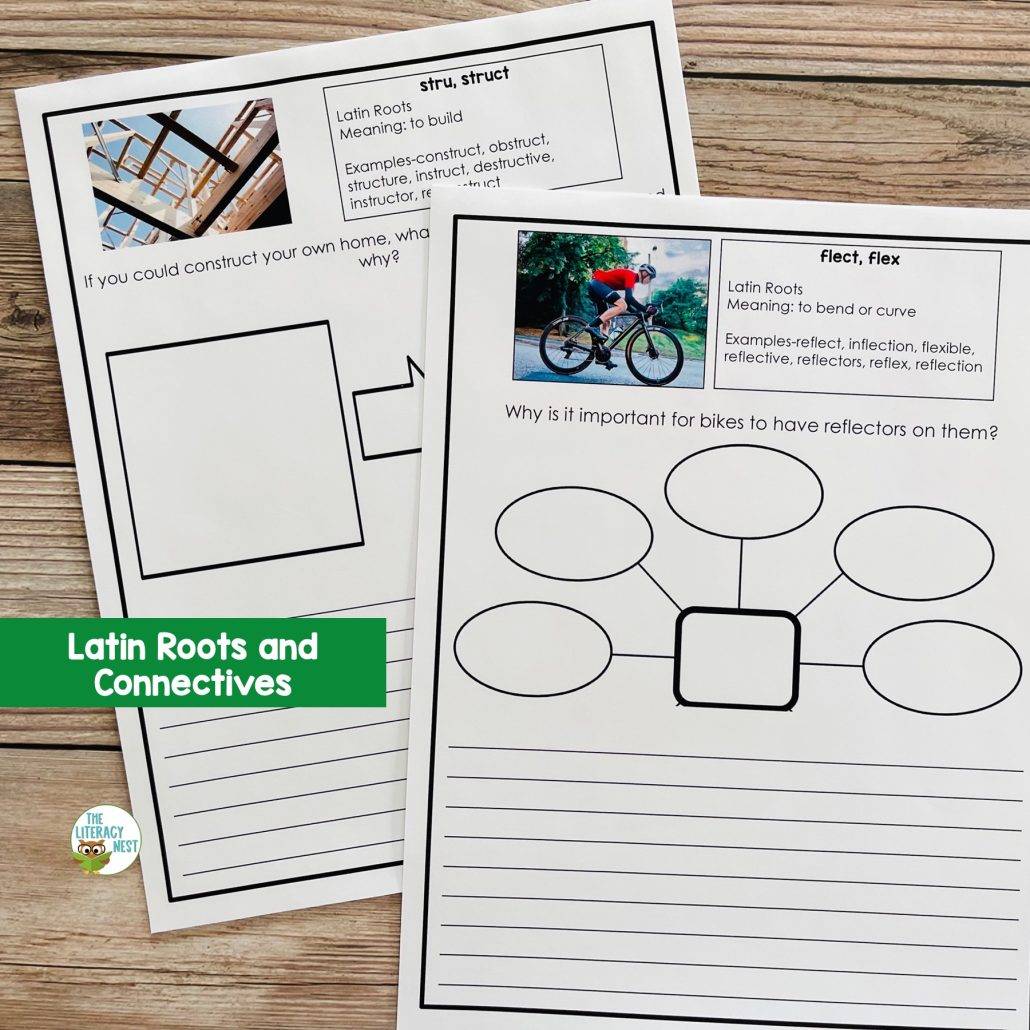
Morphology writing prompts incorporate the focus morpheme in keywords as part of a question or prompt. They encourage students to use that morpheme as they develop their ideas and writing. The prompts and graphic organizers reduce the burden of coming up with a topic and scaffold the organization of the piece of writing. With prewriting and organizing, students learn to break down the steps and make the complexities more manageable.
Download our printable guide to using writing to improve morphological awareness!
What additional ways can writing benefit morphological awareness?
But there are more ways that writing and morphology can benefit each other.
- Generating a word list using a particular morpheme and incorporating those words into sentences helps a student see how derivational and inflective suffixes impact a word’s usage. Since English is a morpho-phonemic language, students find the most success with spelling when they use a combination of phonics and morphology to spell.
- For some students, putting together the morpheme blocks comes to them more easily than segmenting sounds. Asking students to identify the prefix, suffix, baseword, or root of a word they are going to write allows them to become more efficient and automatic with writing multisyllabic words.
Ideally, students can switch seamlessly and fluently between using morphemic clues and phonological knowledge.
Take a closer look at spelling errors. Read How a Spelling Assessment Can Inform Your Instruction!
Unlock the key to building morphological awareness with this sampler freebie of eight morphology games!
Morphology Writing Prompts
Morphology activities can help you teach suffixes, prefixes, Latin roots, and Greek forms! These Morphology Writing Prompts were designed to help you plan targeted morphology lessons that focus on one morpheme. They’re a must-have for your collection of morphology activities. This resource will weave seamlessly into any morphology scope and sequence for Orton-Gillingham.
Get these Morphology Writing Prompts at The Literacy Nest Shop.
Check out these writing prompts in action! Watch Easy Writing Practice for Building Morphological Awareness!
Are you looking for a list of words to use in your morphology lessons? Word List Builder has got you covered!
Save time searching for words! Create customized and meaningful review, build your folder of words, create templates and games, and much more in Word List Builder.
